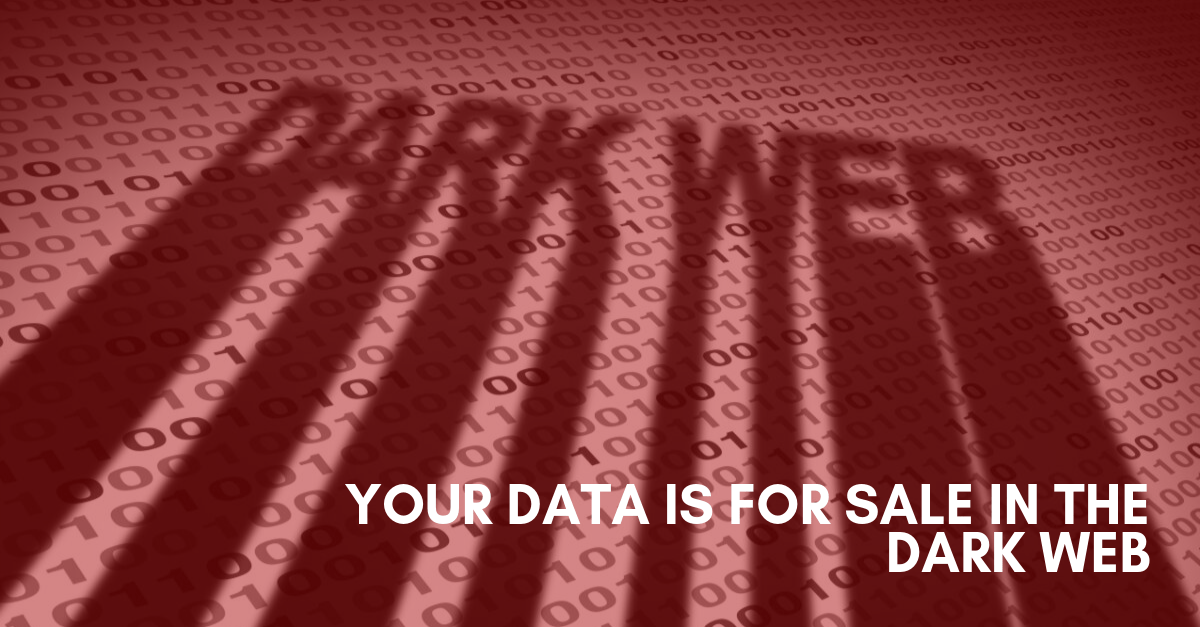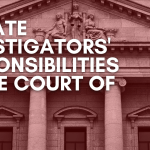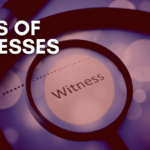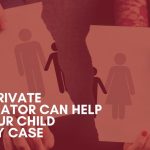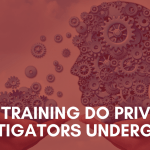Your Data can be Bought and Sold on The Dark Web
As the name implies, the dark web is a part of the worldwide web that’s shrouded in darkness. You see, a regular search with search engines will never produce the dark web because they don’t have the torchlight necessary for seeing through its darkened state.
The torchlight needed in this case is an anonymizing browser known as the Tor. So, you’re probably wondering if something this difficult to assess is safe and legal. Well, while it is totally legal to assess the dark web, the same cannot be said for your safety.
It’s not about the website assessing your phone details through the login, but more about what’s going on in that dark enterprise. Because of the anonymity it offers, the dark web is a hubbub of criminal activities ranging from the most fearsome thing you can think of to the pettiest criminal activity.
On the dark web, anyone can buy drugs, guns, credit card details, hacked Netflix account details, social media details, counterfeit bills, medical records, prepaid debit cards, hackers, break-in expert, and all sorts of criminal perpetrations you want.
Selling Data On The Dark Web
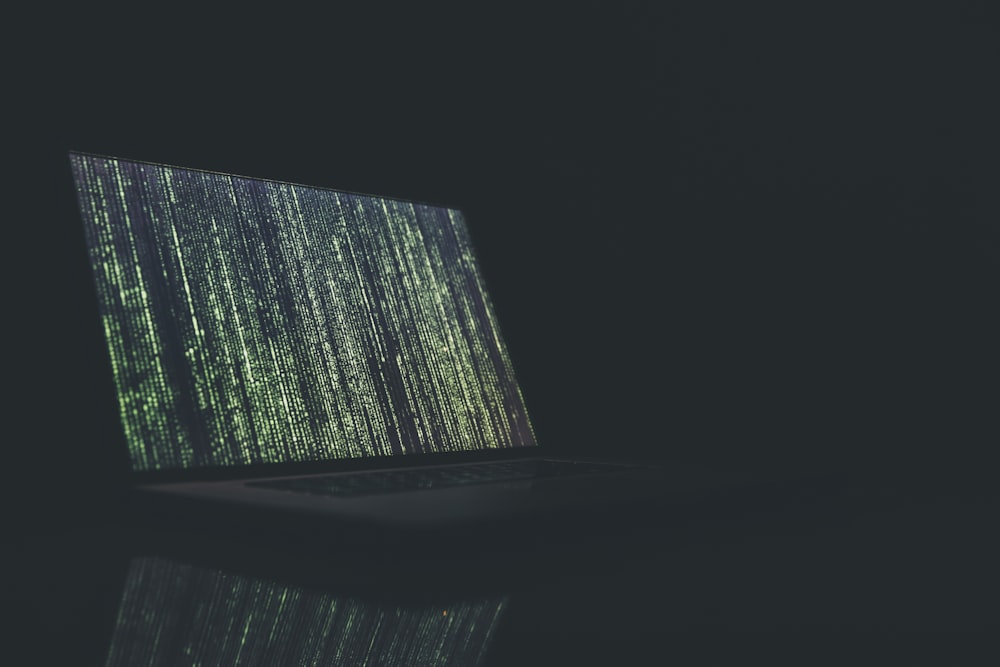
“How much is my data worth on the dark web?” It’s simple- from $45 and above, depending on how juicy and detailed your data is. You see, some people have made it their source of livelihood- the buying and using, while the remaining set made the selling and hacking their source of livelihood,
What determines the worth of your data isn’t always about the number of details in it, your age, race, and location can also determine it. For example, they value the data of someone living in a big and crowded city more than the data of a country bumpkin.
So, your credit card details, your medical records, social media accounts details, passports, diplomas, social security number, generic passwords online payment details, loyalty accounts, etc. can be placed on the dark web for potential buyers.
How Can You Keep Yourself Safe?

Generally, when it comes to online details, e.g. credit card details, there’s little you can do about it, because most of these details aren’t gotten from the individual but by hacking the servers of the financial institutions. But there are some minor things you can do that’ll still keep you safe.
Don’t Use Generic Passwords: While it’s easier to use one password for everything you need to access, it’s also not safe. Once a hacker has access to your password, the first thing they do is to try using it to access all your other accounts. Once it is generic, well, every door starts opening for them. So, get a small book, write each password for each site there, and keep it safe.
Be Careful Online: Don’t access sites you’re not sure of and don’t give out some private details about yourself to anybody. Things like your pet’s name, your son’s name, your favorite artiste, etc. can be a means of getting your password from you. Illegal websites can also hack your phone and monitor your conversation and logins.
It’s just sad that there’s nothing one can do about the dark web, but try to keep yourself safe. Also, watch out for any slight irregularity in any part of your life and don’t hesitate to make a report to the police and that institution. Stay safe!
If after reading this article, you have any further questions, please feel free to call us. Or simply click on this link to get in contact with one of our team members.

